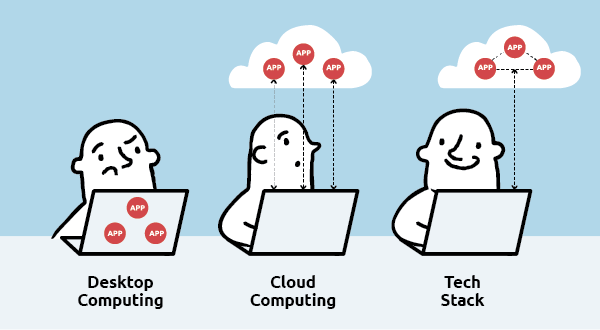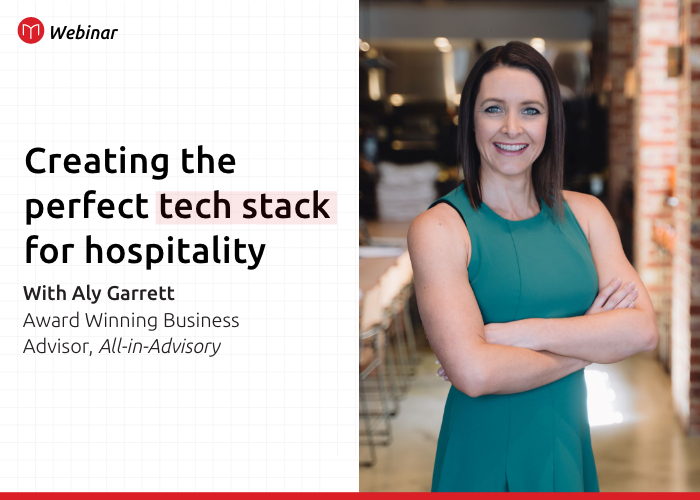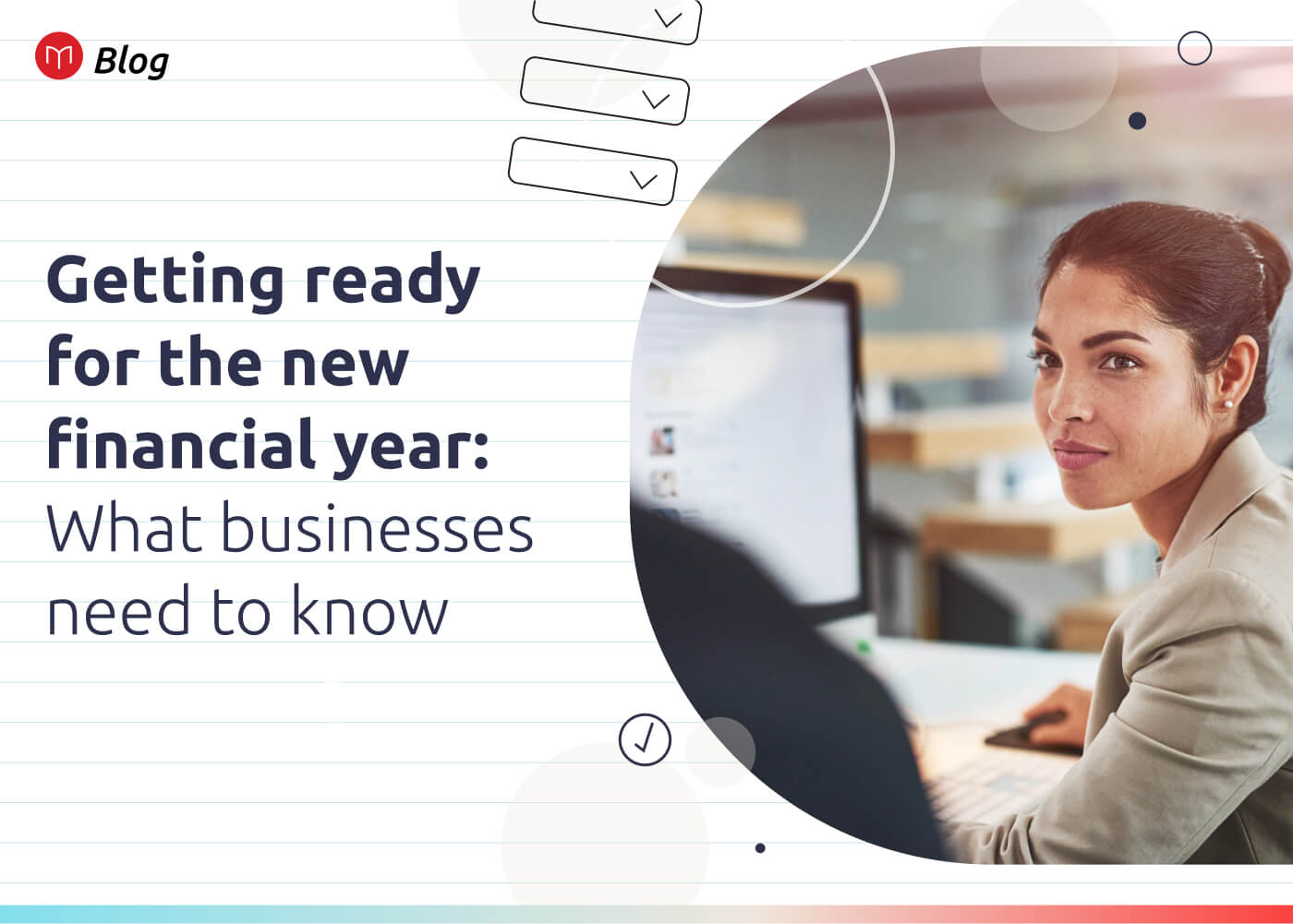The best tech stack for hospitality
In our latest webinar we sat down with Aly Garrett from All-in-advisory to talk about the changing landscape in hospitality. We discussed how and why to build the optimal tech stack to streamline your businesses. You can watch the webinar here - or read up on the highlights below.
Please be advised that we’ve done our best to paraphrase the views of Aly below, but these are not exact quotes, and her views and opinions are entirely her own.
Quick overview
|
Adapting to change in a tight margin industry
The times, they are a-changin’
Change isn’t just coming, it’s already here. The digital disruption in hospitality has occurred and is still occurring. I’ve been doing tech stacks in hospitality for 11 years, and lots of the technology isn’t new. But it’s getting better and the way we are using it is definitely improving.
Hesitancy
People aren’t always open to adopting change; they say they struggle with time, and wonder why they should put the effort in. But one of the most dangerous phrases people can use is “We’ve always done it this way”.
If we look to the past, we see companies like Blockbuster and Kodak, who saw digital disruptions in their fields, but didn’t act on it. They might have thought it was a fad or they were too big to fail, but the reality is: technology is here to stay. Instead of fearing it, we should see it as an opportunity.
Pivot!
We’re all very familiar with the term ‘pivot’ these days. It means that sometimes things get thrown at us and we need to change and adapt. In hospitality, we’ve seen 3 big drivers of this pivot. Technology has been a disruptor, but so have the consumers and of course, the impact of COVID. All these things have changed the industry as we know it, and as a business, if you want to thrive (and survive) in this environment, you have to adapt.
A tech journey
The hospitality industry, and indeed humanity, has been on a tech journey for the last 50 to 60 years, and it makes sense that different businesses are in different stages of this shift. It’s good to sometimes try and figure out where you are on this journey and where you ultimately want to be.
From the humble pen and paper to calculators and cash registers technology has always been a vital tool for hospitality operations. In the 80’s the personal computer came along, quickly evolving into the world we live in now with constant connection through internet and smart device usage. Tech stacks are the latest evolvement of hospitality tools available to make your lives a lot easier through the use of cloud computing benefits; automation, and integration.
Tech stacks?
With the cloud we can access things anywhere, anytime in real-time. Having a tech stack is kinda like having an iPhone. It can take phone calls, message, take photos, play music and access the internet all in one device. It really gives you movement and flow. In a business we can build a tech stack by combining applications that work together and give you that same streamlined experience.

The best tech stack for hospitality
“I do want to be clear about one thing; none of these businesses below provide me with any commissions or kickbacks, but for me - having been on this journey since 2010 - what I’ll outline is the ideal combination for hospitality. I choose what I find is best practice and what works for my clients. I’ve taken hundreds of clients to the cloud and none have asked to go backwards. I know these tools can deliver real value to your business.”
Accounting
The first part: a cloud-based accounting software system - I’m Xero true blue, but there’s also software like MYOB and Quickbooks Online. Whatever it is, it has to be cloud based.
With Xero, you can jump on their App Store and connect with different apps. It makes building a tech stack really easy.
POS
One of these apps is Kounta (now Lightspeed), which is an awesome Point of Sale. Now there’s different options there too, like H&L, BluiZe, or RedCat. In the hospitality setting, this is probably one of your most important tools. What you’ll want to make sure of is that it’s cloud based and easy to use. It should also be able to feed into your accounting software and eliminate double handling. Kounta is fantastic, but it’s really up to you which one you use.
Purchases & Receipts
The next one is Dext, but there are also solutions like HubDoc. This app takes optical images of your receipts and purchases, so you have an electronic file. It also scans for all the necessary data - like invoice number, date, amount, ... and it tries to allocate that to the correct account code with artificial intelligence. You can then share that with your accounting suite.
So at this time you have all your sales in Xero with a cloud POS system, and all your purchases as well. So that makes it really easy to reconcile your bank.
Rosters, Timesheets & Payroll
So what about the hero piece here? It’s Microkeeper. We know that in hospitality HR and payroll is high-risk. It’s so important to get your HR and payroll right: get the right people, keep them, and pay them correctly. With Microkeeper you can eliminate your spreadsheets for rosters, you can ensure you’re tracking timesheets accurately and you’re paying your staff in line with compliance regulations.
Must-haves for hospitality software
Whatever technology you’re going for, there are 4 key things you should look for.
- Automation: Things that can be automated, should be automated. Things that are repetitive and cumbersome can usually be automated with technology. I have this saying “You need to be able to eliminate, delegate, automate and do”. And automation is a big part of this, increasing productivity exponentially.
- Integration: this means linking all the tools and software pieces together. It improves accuracy of the data and it avoids us double handling things.
- Re-engineered processes: you won’t just be able to use your old processes and put them in new software. You’ll have to look at what outcome you want, and then use the tools you have to get to that place.
- Training: once you’ve done all of the steps above - you need to train, educate, get help from your software suppliers. In a way, technology is the easy part. And change management is what’s actually hard. Training will help you get the best out of your solutions.
Benefits of using tech stacks in hospitality
Implementing a tech stack might take some work, but the benefits will soon pay off.
Real-time information helps you make better decisions in your business that can have a really big impact. Hospitality is a low-margin, high-volume industry so it’s vital to make decisions quickly and based on the correct information.
It’s efficient, because you’re not putting in the same data two or three times. With a linked system, all parts of your business can “talk to each other” and all data automatically syncs across all your software.
It’s accurate because it removes points of human error. Every time you remove a point where handwritten data gets copied into a system, or a point where data is manually added in from one system into another - you’re removing a potential mistake.
The cost savings are a direct result of all the points above, and with most of the software being available at a low monthly subscription, you’ll actually soon find that the time and investment starts showing a return really fast.



.jpg)